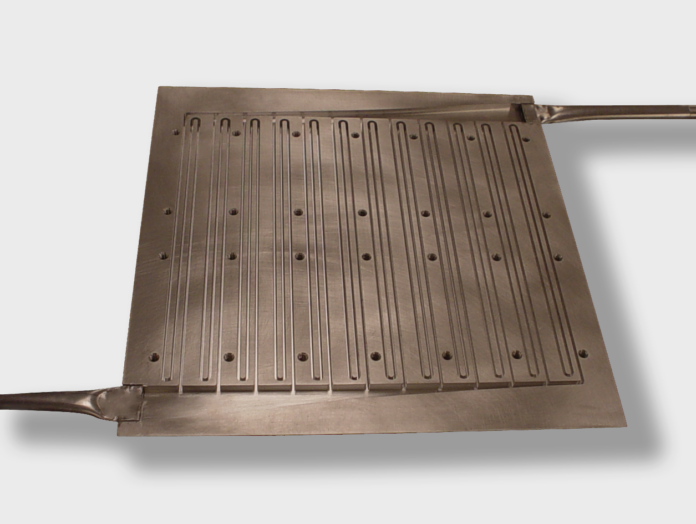Both copper and aluminum are the two most popular materials used for heat sinks. Is it better to choose a copper heat sink extrusion or an aluminum radiator? There are many factors to consider when choosing the right heat sink for your application. Cost, thermal conductivity, weight and durability are all important factors to keep in mind. But which material is best for your needs?
Cost
There are two main types of heat sink materials on the market today: copper and aluminum. Both have their own benefits and drawbacks when it comes to cost. Copper is typically more expensive than aluminum, but it is also more thermally conductive. This means that it will transfer heat away from your components more effectively, making it the better choice for high-performance applications. However, aluminum is less expensive and still provides good thermal conductivity, making it a good choice for budget-conscious consumers.
Thermal conductivity
Copper has a much higher thermal conductivity than aluminum, meaning that it can dissipate heat much more effectively. This makes it the ideal choice for applications where high levels of heat need to be dissipated quickly, such as in high-powered electronic devices. However, copper is also much more expensive than aluminum, making it a less attractive option for some applications.
Aluminum has a lower thermal conductivity than copper but is still an effective heat conductor. It is also much lighter than copper, making it a good choice for applications where weight is a major concern. Aluminum is also significantly less expensive than copper, making it a more budget-friendly option for many applications.
Weight
When it comes to weight, copper heat sinks definitely have the advantage over aluminum heat sinks. Copper is much denser than aluminum, so a copper heat sink will be able to dissipate heat more effectively while being much lighter overall. This makes copper heat sinks ideal for applications where weight is a major concern, such as in portable electronics.
Durability
When it comes to durability, copper heat sinks have the edge over aluminum ones. Copper is a harder metal, so it is less likely to be damaged. Aluminum is a softer metal, so it is more likely to be dented or scratched. Copper is also more resistant to corrosion than aluminum.
So, if you are looking for a heat sink that will last longer and stand up to more wear and tear, copper is the way to go. If you are looking for a cheaper option that is still effective, aluminum may be the better choice.
Conclusion
There is no definitive answer to the question of which type of heat sink is better, as each has its own advantages and disadvantages. Copper heat sinks are typically more expensive than aluminum ones, but they offer better thermal conductivity. Aluminum heat sinks are usually lighter and more durable, but they don’t dissipate heat as effectively as copper. Ultimately, the best choice for your needs will depend on a variety of factors. Consider all of the options carefully before making a decision.














